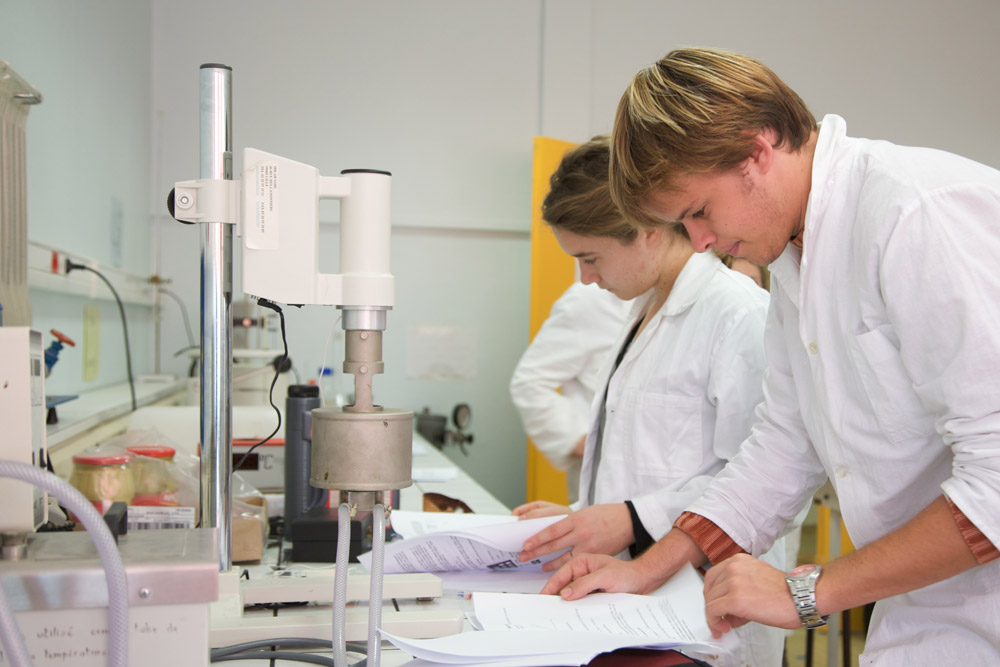
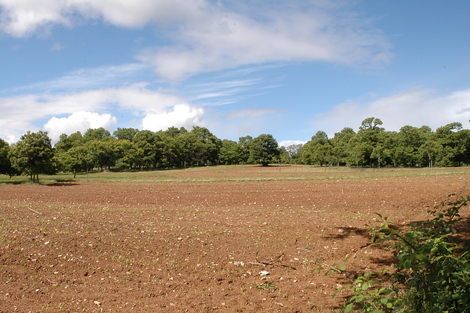
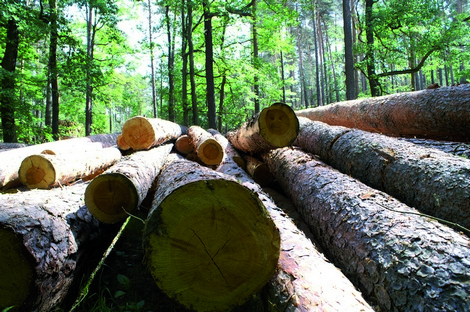
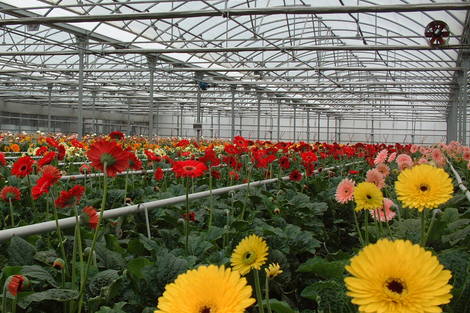
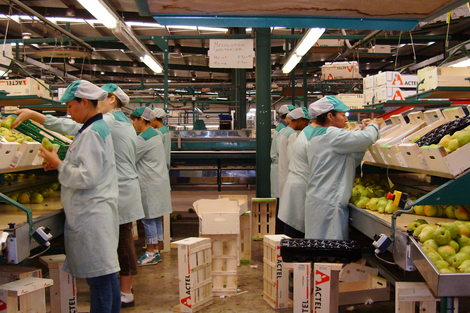
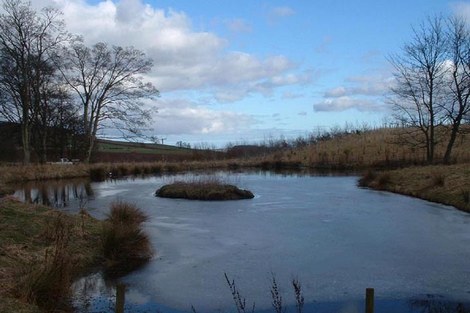
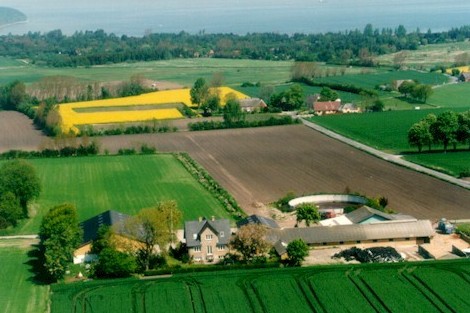
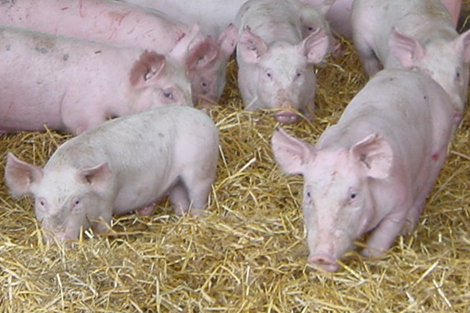
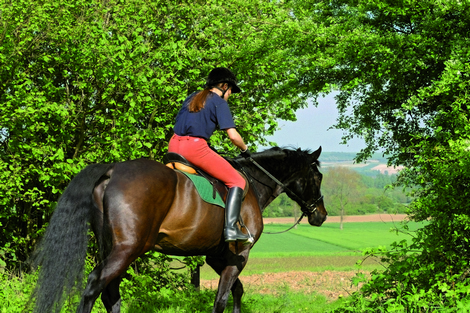

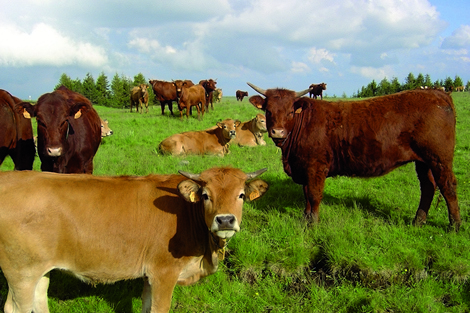
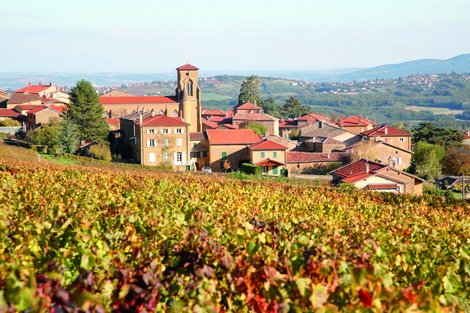
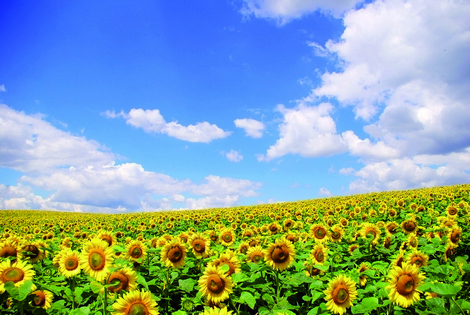
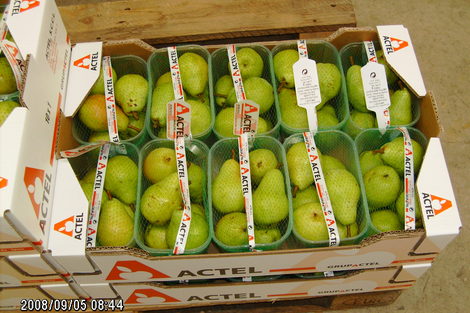
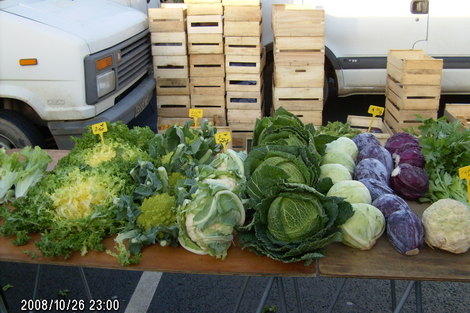
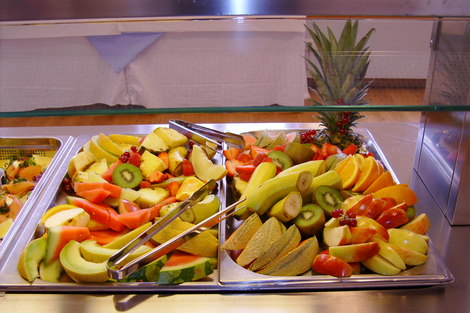
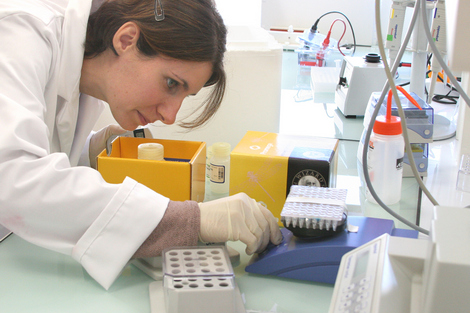
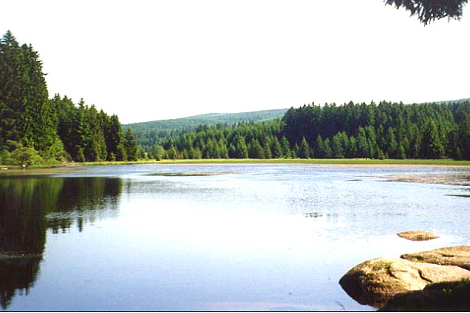








relating to the circular bioeconomy, the sustainable use of natural resources, the protection of the environment and rural development.
We aim to enhance our members' success in education, research and innovation for a sustainable bioeconomy and society, by engaging with European and global institutions and networks, to share experience, cooperate in new ventures, and benefit from the resulting synergy.


























 The I.S.L.E - Association for Innovation, Teaching and Promoting Sustainable Development in Life Sciences, Applied Sciences and Social Sciences in Europe and worldwide was founded in June 2012.
The I.S.L.E - Association for Innovation, Teaching and Promoting Sustainable Development in Life Sciences, Applied Sciences and Social Sciences in Europe and worldwide was founded in June 2012.
The aims of the I.S.L.E Association are to create and maintain a network of European universities and non-European research institutions, Non-Governmental Organizations, businesses, other organizations or individuals involved in the implementation of sustainable development and its promotion in their activities.
The I.S.L.E Association will achieve these aims by:
The I.S.L.E Association Administrative Board, of 5 to 7 people, makes the major decisions concerning the activities of the Association. The Board appoints the I.S.L.E Association Committee (4 members of the 5/7 Admin Board) which is responsible for implementing decisions of the Board. In addition to the Committee members, (see below), the Board comprises administrators who may occupy specific "delegate" functions such as:
For more information contact
Corinne Stewart
Léognan, France
The ISEKI Food Association (IFA) is an independent European non-profit organisation, established in 2005 by university institutions, research institutes, companies and associations related to food, coming from all over the world. IFA is registered under Austrian law as ZVR 541528038.
The main objectives of IFA are:
Establishment and maintenance of a network between universities, research institutions and companies in the food chain by
Working towards the quality assurance of food studies by
The main activities of IFA are:
For further information contact:
The ICA Council held its first meeting in 2009 with the purpose to act as a forum for dialogue between all parties under the ICA umbrella - the ICA Standing Committees, ICA Board, and the IAAS (International Association of Students in Agricultural and Related Sciences) and IFSA (Intrenational Forestry Student Association). At present the ICA Council meets once per year at the time of the ICA General Assembly when there is already the established opportunity for the Standing Committees to inform the General Assembly of their activities and plans.
At the Council meeting it is envisaged that the topics for discussion could include
It is anticipated that the Council will have an advisory role for the ICA Board in assisting the Board in developing its future plans to meet the expectations of our members, and it will also facilitate networking between the ICA and the Standing Committees and, equally important, between the Standing Committees themselves.
The CASEE Network was founded in 2010 upon the initiative of the University of Natural Resources and Life Sciences, Vienna, and involves Life Science Universities in Bulgaria, the CzechRepublic, Croatia, Hungary, Poland, Romania, Slovenia, Slovakia, Serbia, Ukraine and Austria.
The aims of the network are:
to support the development (and later implementation) of the EU Strategy for the Danube region
Overview on CASEE activities:
Mrs Adina Somesan
CASEE General Secretary
International Relations and Mobilities Director
University of Agronomic Sciences and Veterinary Medicine - Bucharest (USAMV)
B-dul Marasti, nr. 59
11464 Bucharest
Romania
e-mail:
phone: +40 747 077977 / +40 747 265564

The traditional field of agricultural engineering is now evolving to biosystems engineering, which is a science-based engineering discipline that integrates engineering science and design with the applied biological, environmental and agricultural sciences. Thus broadening the application of engineering sciences from the agricultural sciences to the biological sciences in general.
In response to this development, ERABΕE-TN (the Thematic Network for Education and Research in Biosystems Engineering in Europe) was established. ERABEE-TN was co-financed by the European Community in the framework of the Life Long Learning Programme. ERABEE was a follow-up of the University Studies of Agricultural Engineering in Europe Thematic Network (USAEE-TN). ERABEE-TN was funded for three years (October 1st, 2007 to September 30th, 2010). The partnership consisted of 35 participants from 27 Erasmus countries, of which 33 come from the European Higher Education Area institutions and two were student associations.
The transition from the traditional field of agricultural engineering to the emerging field of biosystems engineering will directly affect the programmes of study as a result of redefining the student learning outcomes and desired competences. The project promoted the development of new biosystems engineering programs of studies in Europe to catch up with the corresponding developments already at an advanced stage in the USA and Canada. The revised curriculum will directly and indirectly support industry seeking specialised experts to provide high level knowledge in the broader area of biosystems engineering.
The major achievements of ERABEE are:
More information:
Prof. Demetres Briassoulis
Agricultural University of Athens
Agricultural Engineering Department
Lab. of Farm Structures
75, IERA ODOS Str.
11855 ATHENS
Greece
tel +30.210.5294011
The SILVA Network has developed significantly since its foundation in 1989. From seven founding members, it now has over 40 member forestry faculties.
The primary objective of the SILVA Network is to stimulate and facilitate educational co-operation in the field of forestry in Europe.
The objectives will be realised at four levels:
The SILVA network holds an annual meeting and participates in projects.
More information:
Prof. Norbert Weber
SILVA President
Department of Forest Sciences
Institute of Forest Economics and Forest Management Planning
Technische Universität Dresden
801062 Dresden
Germany
email:
IROICA as a network of international relations officers was established in 1997 as an activity within the "DEMETER" Socrates Thematic Network project. In 1998, IROICA became a Standing Committee within ICA. Today IROICA has the status of a non-profit international association with its own statutes. The governing body is the IROICA General Assembly which meets annually at the time of the annual conference. The Executive Committee is elected by the General Assembly.
IROICA’s main goals are to support and enhance the work of the international relations officers in the member institutions of the network by:
At all times IROICA promotes quality and high standing in its activities, which are guided by a spirit of openness, human rights and democracy.
In order to achieve these goals, the IROICA network acts as a forum for discussion. IROICA convenes physical meetings and with electronic communication enables members to express their views and requests. IROICA also leads and participates in projects.
See IROICA website for details of upcoming events and conferences
Publications:
Karlsson I, Mueller I, Atkinson H, Toborn J and Bengtsson (2004). Good practice for international relations officer. Interuniversity Consortium for Agricultural and Related Sciences in Europe, 2nd edition, pp55.
For more information or contact:
Lukáš Pospíšil
International Relations Specialist
Agricultural University of Iceland
Hvanneyri, 311 Borgarbyggð, Iceland
tel: +354 433 5000
email:
Agrinatura is a grouping of European universities and research organizations with a common interest in supporting agricultural development in a sustainable manner in order to improve people's lives.
Agrinatura represents the major research and education stakeholders in Europe dealing with agricultural research and higher education for development.
Agrinatura brings its collective resources to work in partnership with international collaborators. It seeks to nurture scientific excellence through joint research, educational and training programmes and projects and advocates for greater support for agricultural research and educational programmes that contribute to the achievement of the Millennium Development Goals and the new agenda of Sustainable Development Goals.
Agrinatura has two pillars - an Association, open to all European agricultural research and education organisations, and a European Economic Interest Grouping (AGRINATURA-EEIG), as its operational arm. AGRINATURA was established in 2009 form the joining forces of NATURA and ECART-EEIG.
NATURA as the Network of European Agricultural (Tropically and Sub-tropically oriented) Universities and Scientific Complexes Related with Agricultural Development established in 1988 has celebrated its 20th anniversary of active participation in agricultural education and research issues. NATURA has been collaborating with ICA for long time and became an ICA Standing Committee in 2005.
ECART-EEIG was the European Consortium for Agricultural Research in the Tropics, which offered European research skills and expertise in agricultural research for development (ARD) in an accessible manner and encouraged effective co-ordination of research activities within Europe. It was mainly a consortium of research institutes.
NATURA decided in 2009 to join forces with ECART-EEIG and became AGRINATURA. It presently involves 35 members from 16 European countries. AGRINATURA gathers together the most important European universities, training and research centres that are involved in tropical and subtropical agriculture.
Agrinatura´s activities working on agricultural research, education, training and capacity strengthening for development will lead to:
• Enhancing the access to European expertise, experience and infrastructures;
• Improving linkages of European agricultural research and education within the global system;
• Increasing advocacy;
• Increasing synergies between research, education and development;
• Enhancing the role of small and new European Union (EU) Member States;
• Strengthening partnership of the European ARD community and expertise to the European Commission.
Agrinatura contribute to achieving the new agenda of Sustainable Development Goals (SDGs). Specifically, Agrinatura play an active role in:
• Advocating policy for agricultural research and education for development in Europe and worldwide;
• Developing, strengthening and encouraging strategic alliances, partnerships and networks with and between the diff¬erent stakeholders (institutions, organisations and individuals) in development;
• Organizing, facilitating and implementing joint participation in European and international programmes and projects;
• Providing support and advice for evidence - based policy making, in particular at the European level
J. Mabel Hernández Altamirano
Secretary General
University College Cork
Cork
Ireland (IE)
E-mail:
 International Network for the MBA Agribusiness and Commerce
International Network for the MBA Agribusiness and Commerce
AGRIMBA networkwas established in 1995 as a successful Tempus project at Warsaw Agricultural University (now Warsaw University of Life Sciences, WULS) and the Czech Agricultural University, Prague (now Czech University of Life Sciences, Prague, CULS). Since that time the network has developed into an efficient way of upgrading the management knowledge of young managers mainly in Central and East Europe. However, the MBA is not only a way of improving the business skills of the students but also an effective way of intensifying the participating teaching staff’s (mainly academics) contacts with the globalised world of agribusiness and their colleagues of the participating institutions. This two way approach is the main incentive for taking part in the programme, both for students and teaching staff. In this way AGRIMBA works as a highly needed medium of communication in the field of agribusiness between theory and practice. It is thus an effective tool in life long learning.
The network is co-ordinated by the AGRMBA Board which comprises partners from co-operating academic institutions. The Board is responsible for the development of the core curriculum and for validating the MBA degree programmes as delivered by several of the partners. The AGRIMBA is an open network to which anyone can join. AGRIMBA became a standing committee of ICA at the ICA General Assembly 2003 in Beauvais.
The network has developed the curriculum for the part-time two year MBA programme designed as a post experience degree for young managers in agribusiness and commerce. The MBA consists of a core of seven modules Economics, Management, Marketing, Agribusiness, Policy and Law, Operational Analysis, and a Thesis.
See the AGRIMBA website for the list of universities where the MBA is currently delivered
AGRIMBA has had a project funded from the LEONARDO DA VINCI Program to develop the teaching and learning materials in the MBA degree programme to a common approved standard.
AGRIMBA also has a biannual Congress
The Network has its own journal Apstract
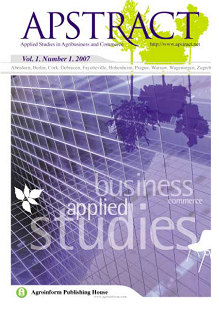
For more information:
Associate Professor Dr Rico Ihle
Agricultural Economics and Rural Policy Group
Wageningen University
The Netherlands
tel: +31 31748 6185
email:
 <!--[endif]-->
<!--[endif]-->